Zohran Mamdani’s presumptive victory will make history: if elected in November, he will become New York’s first Muslim and first Indian-American mayor. Powering his win in the Democratic primaries was a massive surge of young, urban, progressive voters changing the city’s political future. But beneath the energy and hope lies something more troubling: a generational embrace of a politics of entitlement, poised to undermine not only the city’s finances but also the values that have historically bound together American civic life.
The city’s youth voting base turned out in force: voters aged 18–29 gave Mamdani the win. Mamdani outperformed opponent Andrew Cuomo by an average of 13 points in counties with median incomes above $117,000; conversely, Cuomo dominated in lower-income areas. The Mamdani voters are also mostly college educated, as he won 60 percent of the vote of four-year-college graduates. Most surprising, Mamdani beat Cuomo by 18 points among native New Yorkers.
Mamdani’s base of Gen Z and millennial voters has come of age in an era of repeated economic upheavals and deepening distrust in the status quo. Many were children or teenagers during the 2008 financial crash and entered adulthood amid Covid, or are struggling under historic student-debt burdens. Only 16 percent of young Americans today feel that “democracy is working well” for them, and trust in political institutions is abysmally low. By 2022, only 40 percent of adults under 30 said they view capitalism positively and roughly 41 percent of under-50 adults have a positive impression of socialism.
The politics of entitlement refers to a worldview in which individuals or groups perceive certain benefits – ranging from direct cash assistance to regulatory privileges and direct representation itself – as rights. The entitled believe these benefits are granted unconditionally rather than earned through contribution or reciprocal civic responsibility. In contrast, older models of American citizenship prized self-reliance and collective responsibility – the view that rights came with duties, and government aid was a last recourse, not a first demand.
This shift is more than semantic. Earlier generations saw social programs as safety nets for the vulnerable, but zoomers and millennials transform public policy into an endless wish list. The rhetoric frames government as a provider, not just of basic needs, but also of recognition, affirmation and immediate, sweeping reforms.
Mamdani’s campaign has thrived by explicitly promising utopian solutions packaged as moral rights, not merely possibilities. The specifics matter less to these voters than the symbolic guarantee that someone is finally taking their side.
For older progressives, social progress, even so-called fundamental rights, has always required coalition-building, compromise and time. But today’s youth activism teaches that the right post or protest should deliver change instantaneously because it’s what’s politically correct in the headlines. This expectation gap is certain to breed frustration and political whiplash when inevitable setbacks come, further separating the political groups that currently govern New York from those that will inherit it. The reality is that politics built solely around ever-expanding entitlements can only lead to serious economic and social pitfalls.
New York City’s budget is already enormous (over $115 billion). Layering on Mamdani’s list of promises would require either massive new revenue or deficit spending. If taxes on high-earners and businesses climb too steeply, the city risks driving away the tax base – the very outcome that devastated cities such as Detroit when 1.1 million middle-class residents fled in the late 20th century.
Similarly, New York nearly went bankrupt in 1975 after years of spending beyond its means. During the booming 1960s, NYC vastly expanded its social programs and payrolls under the idealistic Great Society agenda – even as its population and tax base started to decline. Politicians assumed Albany or Washington would bail them out, or they simply borrowed to cover budget gaps. The result was a fiscal crisis so severe that bankers refused to buy the city’s debt and the city came within days of insolvency.
Alongside the economic strain is the erosion of personal responsibility. As the government assumes a larger role in meeting individual needs, the incentive for people to engage in self-discipline, problem-solving or even maintaining consistent employment will begin to diminish. This cultural shift in the younger generations risks fostering a dependency mindset that weakens the America’s future and teaches our kids to expect everything and give nothing in return.
Today’s young progressives vehemently reject the old welfare-to-work mindset that made American exceptionalism, arguing that such a mindset stigmatizes poverty and that people deserve support without jumping through hoops. But the old system’s demands didn’t demand jumping through hoops, only hard work and sacrifice.
One can already see sparks of a generational conflict: younger progressive Americans accuse baby boomers of pulling the ladder up behind them; boomers retort that zoomers and millennials want participation trophies and handouts. But this is a largely partisan phenomenon: nearly 74 percent of Democrats prefer a bigger government with more services, while only 20 percent of Republicans do.
Mamdani’s victory heralds a new chapter in New York and reflects a broader global trend of youth-driven progressive insurgency. It’s a movement brimming with idealism and energy. There is much to admire in this young left coalition, but governing the Big Apple requires more than passion and entitlement; it requires foresight, compromise, sacrifice and responsibility. The future of the city depends on restoring a politics where rights and responsibilities work in tandem.



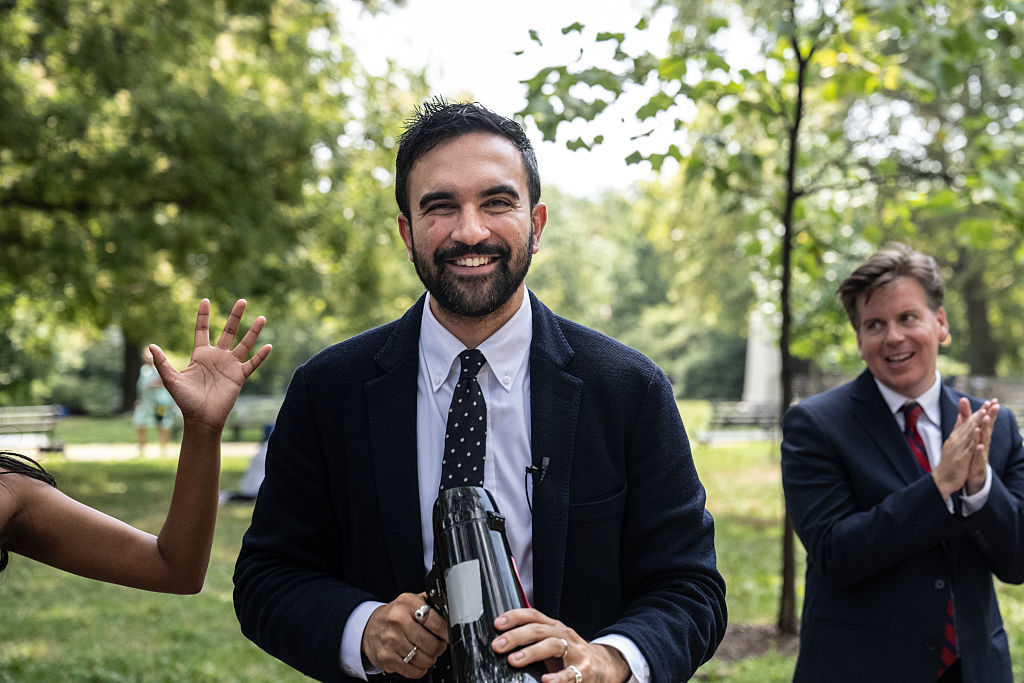







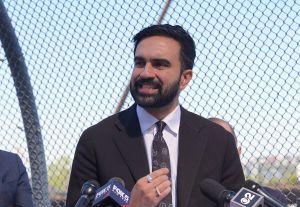
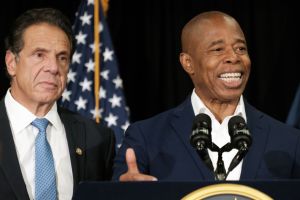
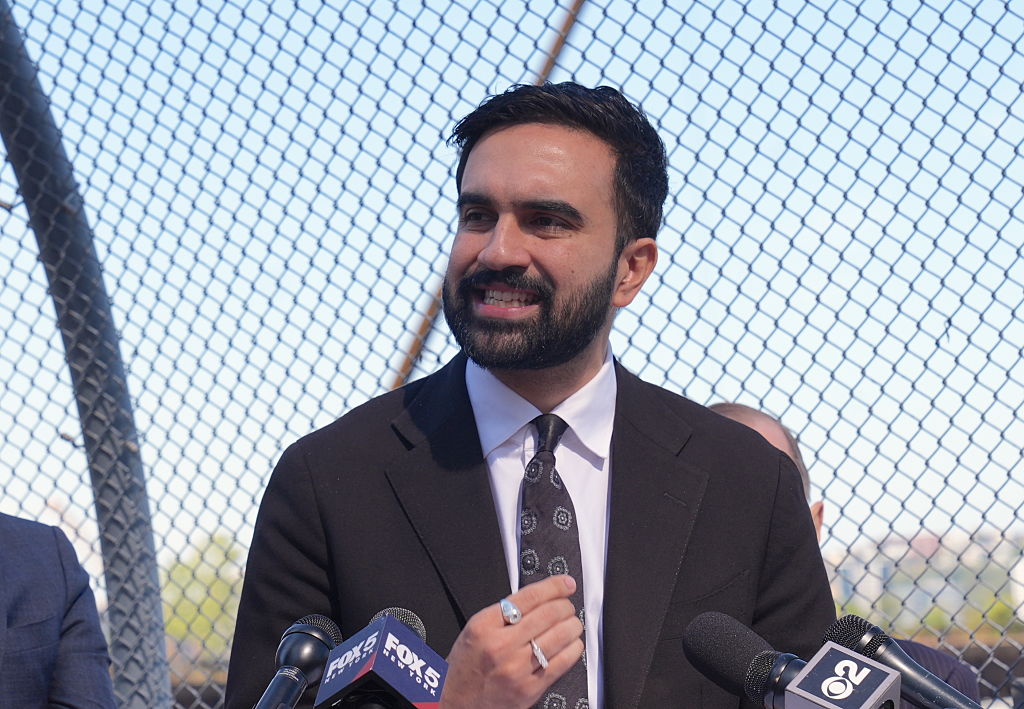

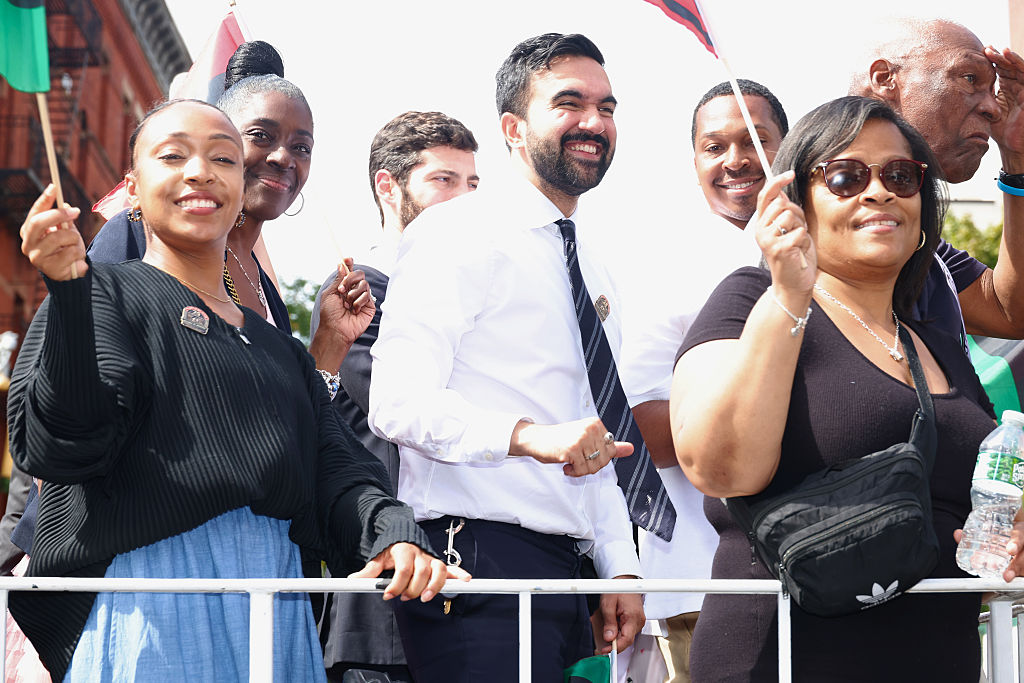
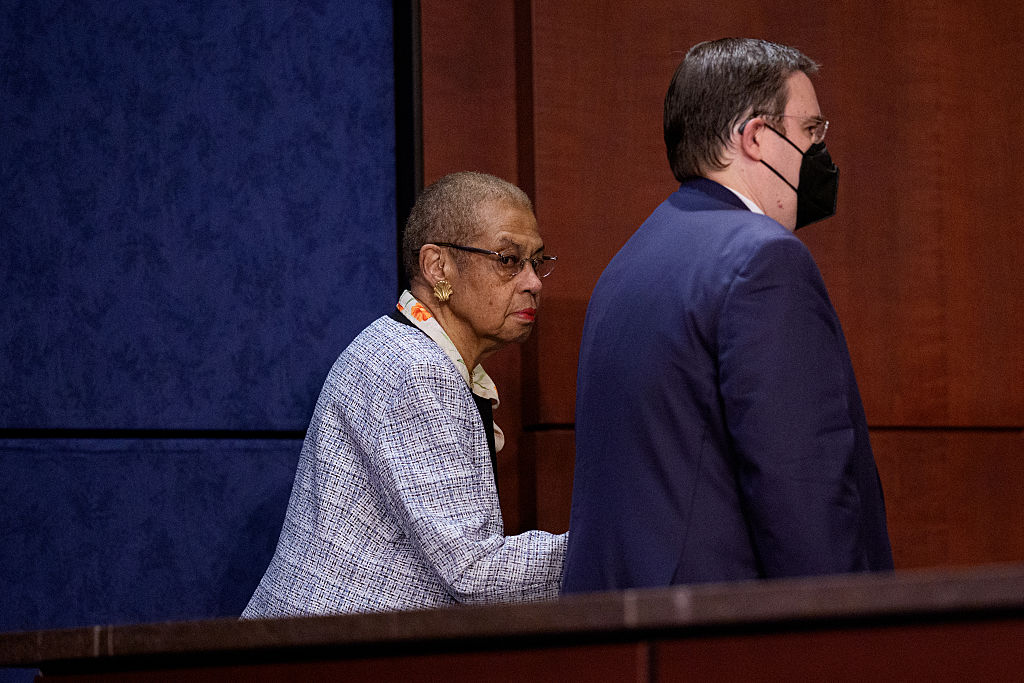









Leave a Reply